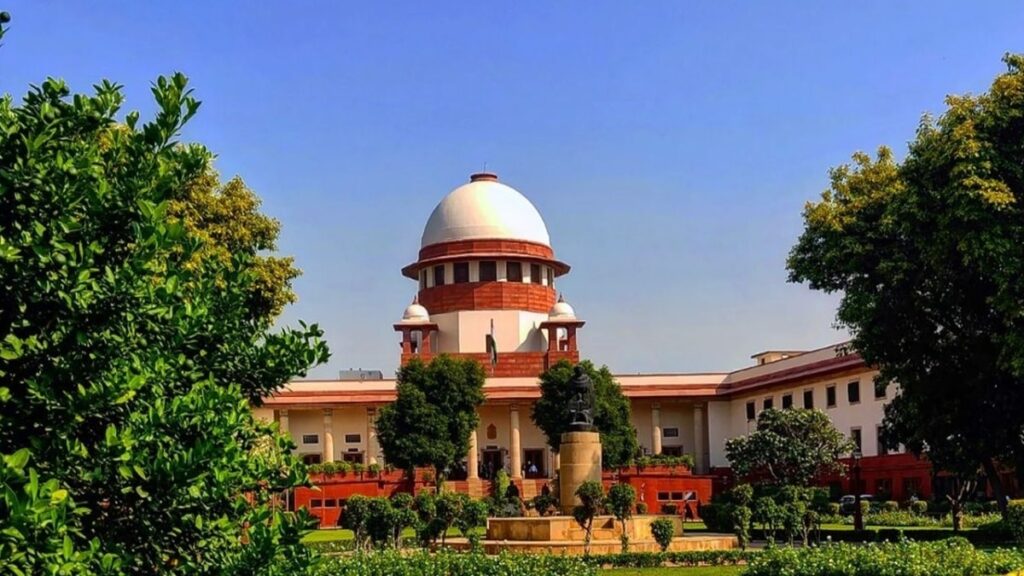The Supreme Court on Wednesday said that the principle of “bail is the rule and jail is the exception” also applies to money laundering cases under the Prevention of Money Laundering Act (PMLA). The court’s decision came when it granted bail to Prem Prakash, an alleged aide of Jharkhand Chief Minister Hemant Soren, in a money laundering case, while overturning the High Court’s decision.
The Supreme Court has again reiterated that in the Indian judicial process, bail is the rule and custody i.e. imprisonment is the exception. This rule will also apply in PMLA. This means, the principle of ‘bail is the rule, jail is the exception’ is also a part of the fundamental right under Article 21 of the Constitution.
‘The statement of the accused before the officer is not evidence…’
A bench of Justice Bhushan R Gavai, Justice Prashant Kumar Mishra and Justice KV Vishwanathan said that a citizen can be deprived of the fundamental right to freedom only by following due process of law. If an accused makes a statement admitting a crime before the investigating officer during custody under PMLA, it will not be considered as evidence in the court.
The Supreme Court has also ordered the release of Prem Prakash, an alleged aide of Jharkhand Chief Minister Hemant Soren, on bail. While granting bail to Prem Prakash, the court took into account his long imprisonment and the delay in the trial due to a large number of witnesses.
A bench of Justices BR Gavai and KV Vishwanathan said, “Relying on the judgment given in Manish Sisodia case, we have said that even in PMLA, bail is the rule and jail is the exception. Individual liberty is always the rule and deprivation under the procedure established by law is the exception.”
Also read: Supreme Court raises questions on ED regarding PMLA case, says- investigate on scientific evidence instead of oral evidence
The Supreme Court said, “We are of the view that if the statements of the appellant are found to be incriminating, action will be taken against him under Section 25. It would be ridiculous to make the statement admissible only because he was in custody at that time for another ECIR (Enforcement Case Information Report). It would be highly improper to make such statements admissible as it would be against all principles of justice.”
Source (PTI) (NDTV) (HINDUSTANTIMES)
